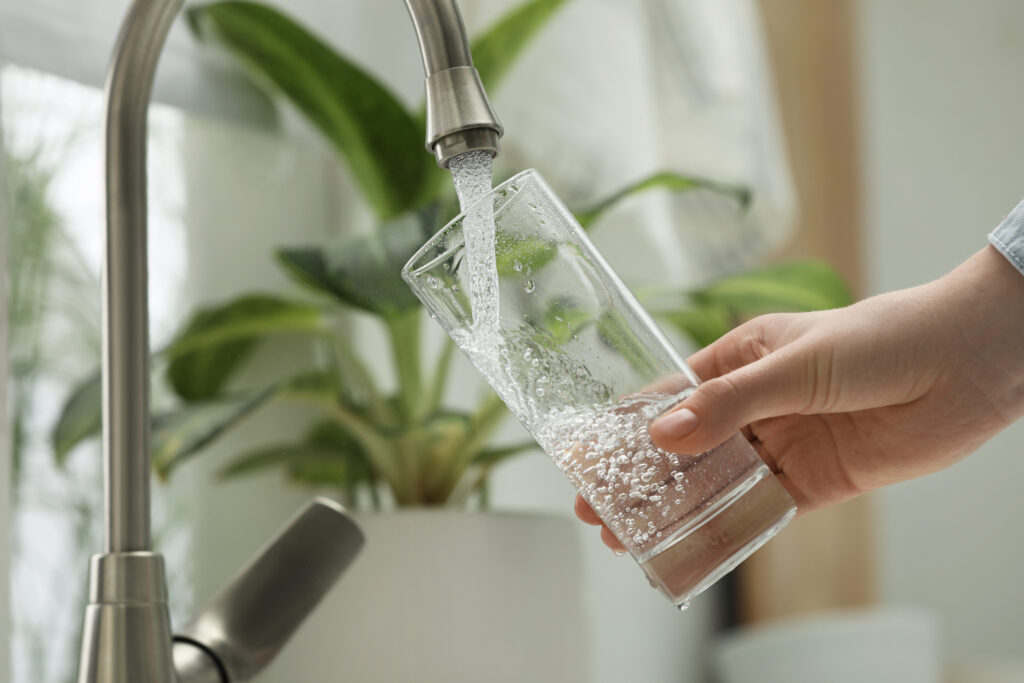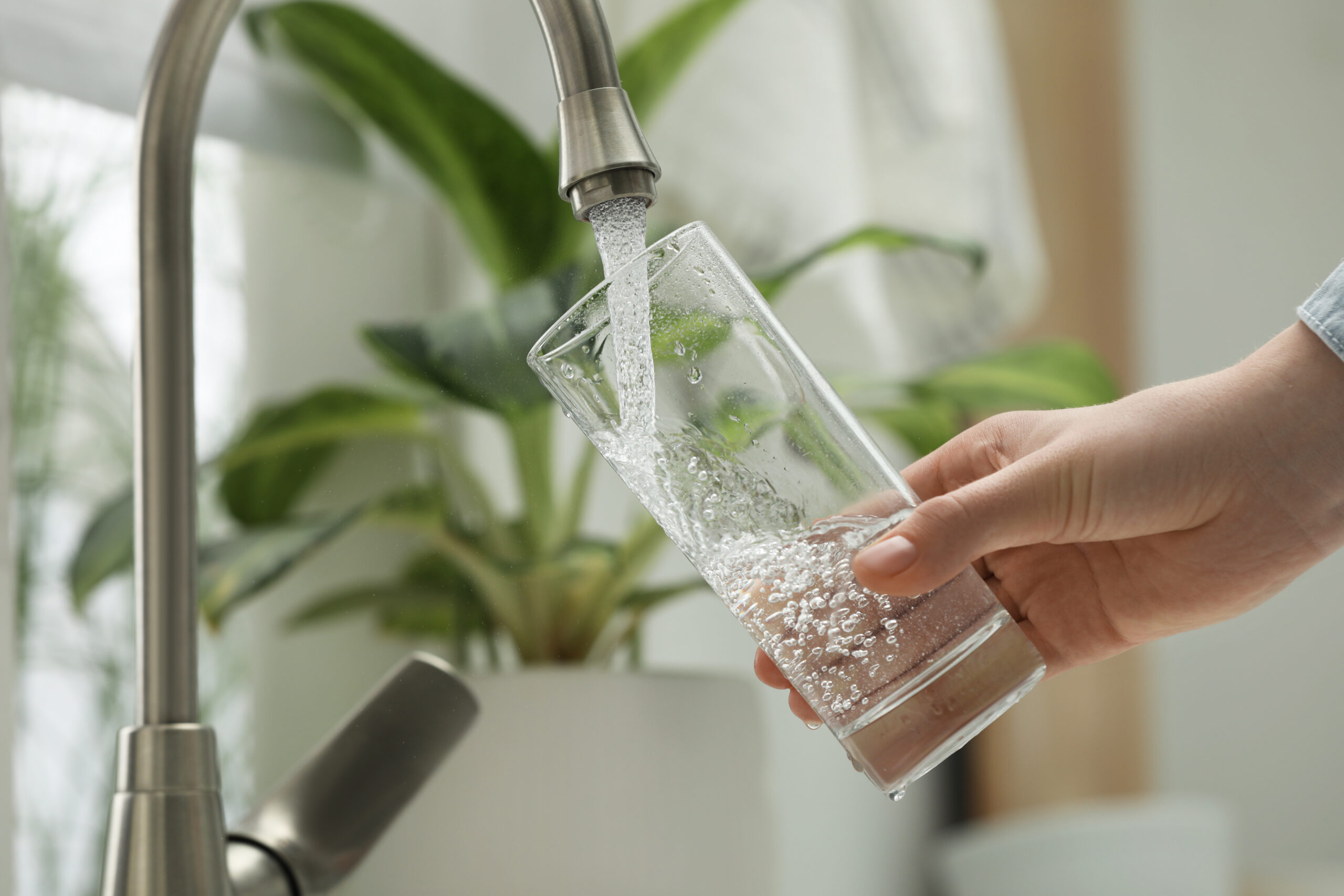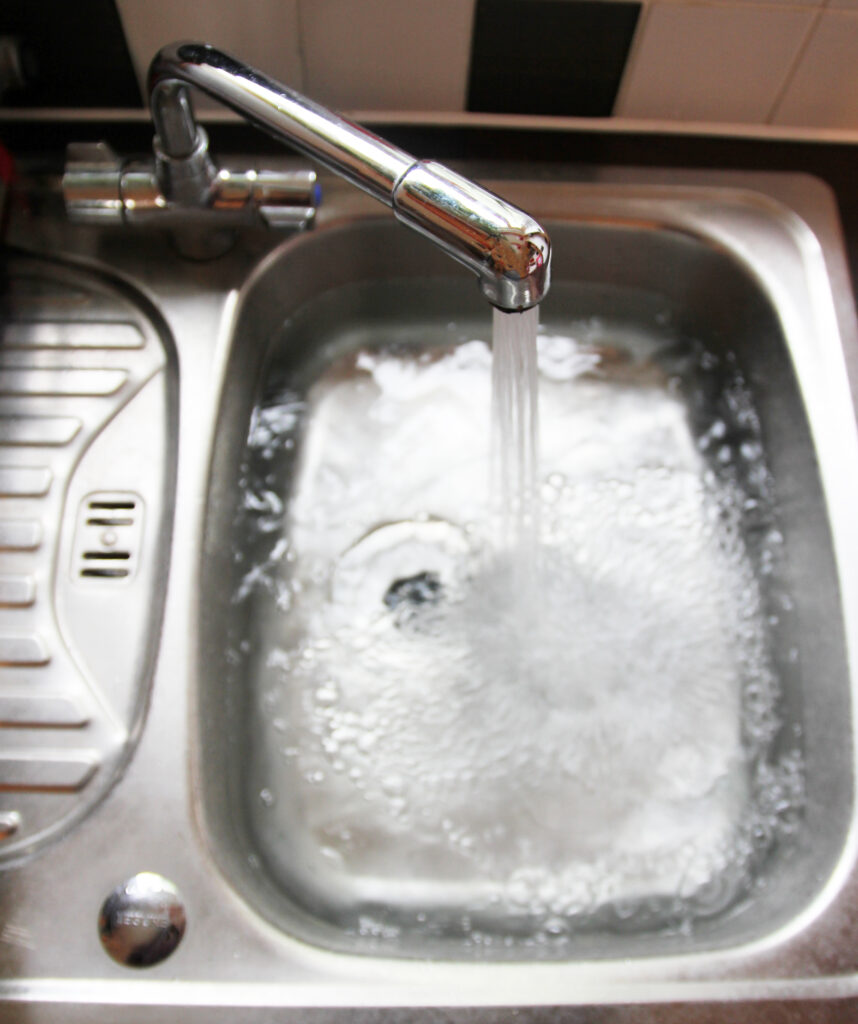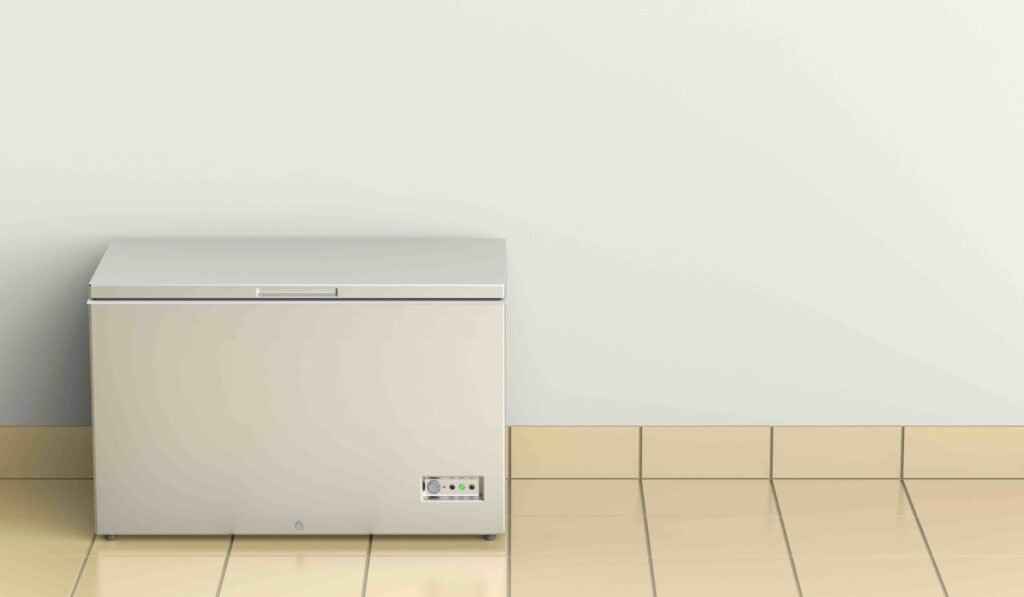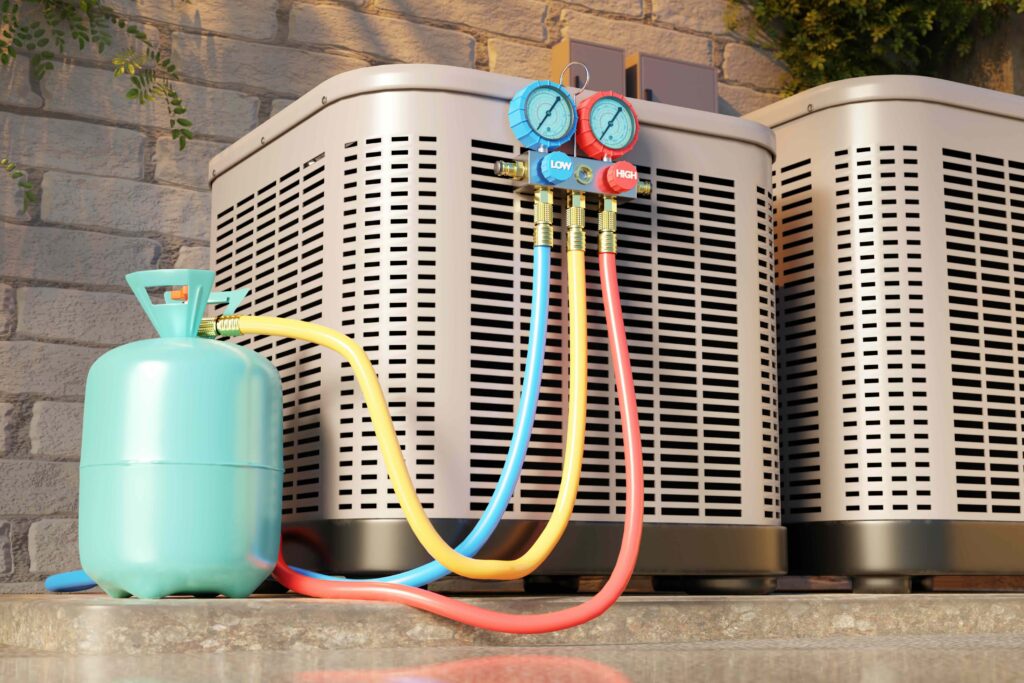Understanding Whole House Water Filtration Systems: Protecting Your Home One Drop at a Time
Ever turn on the tap and the water smells a little… off? Maybe there’s a faint chlorine smell, or a kind of metallic taste you can’t quite place. If that rings a bell, you’re not alone. More homeowners are taking a second look at what’s in their water and wondering if it’s time to invest in a whole house water filtration system. These systems, as the name suggests, filter all the water entering your home—every faucet, showerhead, washing machine. And while it may seem like a luxury, it’s becoming more of a standard as we learn more about what’s really flowing through our pipes. If you’re navigating your way through homeownership and want to make smarter choices about what systems to invest in (or protect), this one deserves your attention.
What Is a Whole House Water Filtration System Anyway?
Okay, so first things first—what are we even talking about here? A whole house water filtration system is pretty much what it sounds like: a centralized home system that filters your water before it reaches any outlet inside your home. So, instead of just putting a filter on your kitchen sink or buying endless stacks of bottled water, this thing gets ahead of the problem. It connects to your home’s main water line, so everything downstream—showers, laundry, drinking water, even the hose out back—is filtered at the source. Depending on the system type, it might filter out chlorine, heavy metals, bacteria, sediment, and more. That means you can drink, cook, bathe, and clean with water that’s been scrubbed up a bit before it gets to you. It’s like giving your whole house a water quality glow-up.
How Does It Work?
Now, if you’re wondering what kind of filtering wizardry is going on inside those tanks—don’t worry, it’s not magic. These systems usually work in stages. Think of it like a carwash for your water. First, there’s a sediment pre-filter that catches bigger stuff like rust and silt. Then it goes through carbon filters that suck up chemicals like chlorine, possibly pesticides, and other volatile organic compounds. From there, some systems have additional stages—maybe a KDF filter to address heavy metals, or even a UV light stage for killing bacteria. The exact configuration depends on your water source (city vs. well) and what’s in your local supply. But the gist is, it’s a series of barriers that clean your water before it makes it inside your walls. Low-key impressive, right?
Why More Homeowners Are Installing Filtration Systems
This trend isn’t just about better tasting water—though that’s a perk. Whole house water filtration systems are about long-term health, protecting plumbing, and improving quality of life. When your water supply is cleaner, your appliances last longer. Washing machines, dishwashers, water heaters—they’re all directly impacted by what’s flowing through them. Same goes for your skin and hair (chlorine, for example, is no friend to softness). People with hard water often report scaly buildup on faucets and dry, itchy skin. A filtration system can fix all that. Plus, it’s a solid line of defense against things like lead, which sometimes sneak into older plumbing systems. And let’s be real—peace of mind has value too. Knowing your water is being handled upstream brings a kind of calm to daily routines.
But Wait—There Are a Few Trade-Offs
Okay, so yes, these systems are great, but nothing is all cake and no crumbs. First up: installation. It requires a bit of upfront effort and cost. Installing a whole house water filtration system usually means hiring a plumber, unless you’re one of those DIY unicorns. Depending on what kind of filtration system you choose, the price can range from a few hundred bucks to a couple thousand. Also, there’s upkeep. Filters don’t last forever. Sediment filters might need replacing every few months, while others can stretch out a year or more. And if you get a system with UV filtration, there’s a bulb that needs an annual swap too. So it’s not exactly a “set it and forget it” situation. Oh, and for folks on well water, sometimes pre-treatment systems are needed first. That’s an extra consideration—but knowing your water setup is kind of half the battle anyway.
What to Consider Before You Take the Plunge
If you’re thinking about adding one of these to your home, here’s what’s worth keeping in mind. First, test your water. That’s the only way to know what you’re actually trying to filter out. City water? You might be focused on chlorine and sediment. Well water? You’re more in the bacteria and iron game. Once you know what you’re dealing with, picking a system gets way easier. Next, think about capacity. A household of one or two won’t need the same setup as a family of five with a giant laundry list (literally). And then there’s flow rate—important if you’re tired of stepping into the shower and getting misted like a potted plant just because someone flushed downstairs. And yeah, budget plays a role, naturally. But it’s not just about the upfront cost—it’s the longevity and the potential return in fewer repairs later. Big picture stuff, right?
Maintenance Tips to Keep Things Flowing
Okay, let’s shift into practical territory. If you already have one of these systems—or you’re just thinking ahead—here’s how to avoid headaches. First, set calendar reminders. Seriously, it’s easy to forget to swap filters until your water pressure drops or the taste changes. Know the schedule for each filter type and stick to it. Second, check seals and fittings periodically. A loose connection can lead to water damage, which kind of defeats the whole clean water vibe. If your system has a bypass valve (most do), get familiar with it. It lets you shut off the filtration for quick fixes or maintenance without turning off your whole house water supply. Also, keep manufacturer manuals handy. Different brands have small quirks, and nothing is more frustrating than trying to Google model specs on your phone with wet hands. Just sayin’.
Why a Home Warranty Plan from Armadillo Just Makes Sense
Adding a whole house water filtration system is one of those smart, forward-thinking home upgrades—but it’s also one more thing to protect. That’s where a tailored home warranty plan from Armadillo can make a real difference. We cover the stuff that breaks, leaks, or wears out—so when your system needs repair or replacement, you’re not left with a busted filter and a stack of unexpected bills. Plus, with customization built right into our experience (you pick the plan that fits your home’s specific needs), it’s easy to get the protection you actually want without paying for fluff. Ready to get rolling? Start building your plan today and let smart home maintenance keep flowing right along with your clean, filtered water.
















